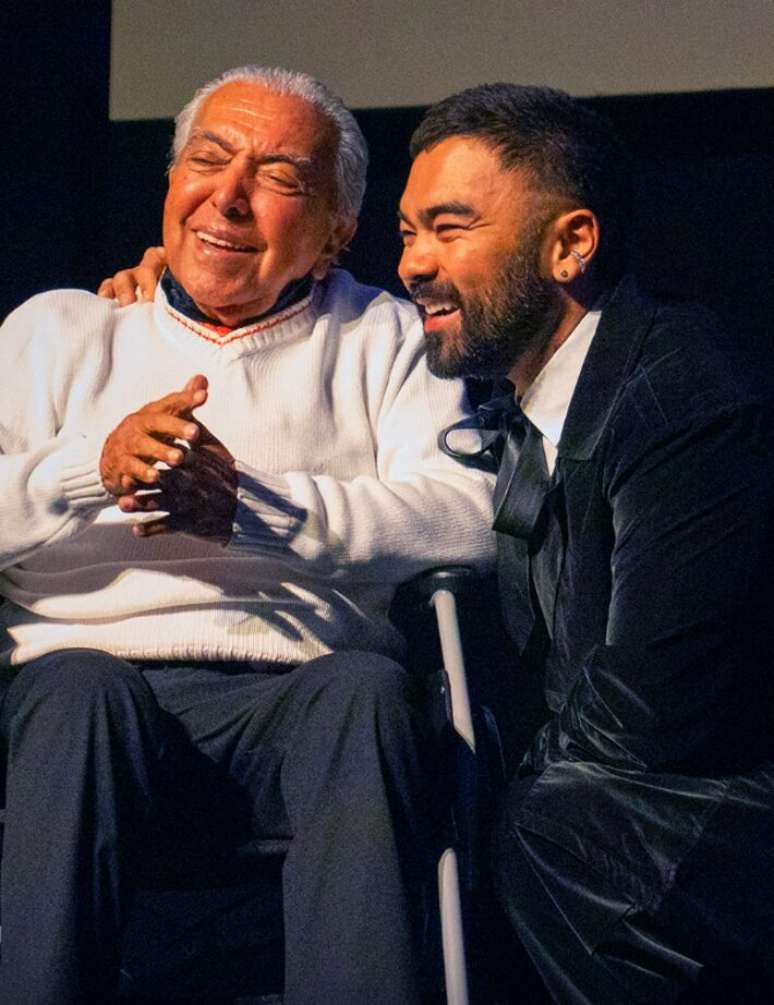Anvisa has given a favorable opinion on the registration of the first vaccine against respiratory syncytial virus (RSV), the main cause of bronchiolitis
On Monday 4th Anvisa gave a favorable opinion on the registration of the Arexvycompany vaccine GlaxoSmithKline Against the bronchiolitis. This is the first immunizer that protects the elderly from respiratory syncytial virus (RSV), the main cause of the disease. It is expected to reach the Brazilian market around June 2024, first on the private network.
Vaccine registration approval it is considered an important achievement by experts. Registration of the immunizer has been classified as a priority, as it works against a condition considered debilitating. The vaccine will be administered intramuscularly and in a single dose to people with over 60 years of age.
A bronchiolitis This is an acute inflammation of the terminal pulmonary bronchioles, i.e. the thinnest branches that serve to conduct air into the lungs. OR RSV is primarily responsible for cases of bronchiolitis and pneumonia in young children and the elderly.
According to Flávia Bravo, director of the Brazilian Society of Immunizations (SBIm), RSV has always been closely associated with bronchiolitis in childhood, but it also has an important impact on the elderly population. “It is more common among children, but tends to have a higher lethality among the elderly,” Flávia points out.
How does the bronchiolitis vaccine approved by Anvisa work?
A Arexvy It is based on recombinant protein technology. It means that a substance similar to that on the surface of the virus is produced in the laboratory and used to stimulate the production of antibodies.
“The design of the vaccine aims to promote a humoral immune response, through the production of neutralizing antibodies, as well as a cellular immune response,” summarizes Melissa Palmieri, vaccine consultant at Alliança Saúde, a reference group in health diagnosis in the country.
According to her, the approval by Anvisa is the first phase for the commercialization of the vaccine in Brazil. “The next step will be to request the registration of the price with the Medicines Market Regulatory Chamber (CMED) and, once the price is approved, the manufacturing company will be able to start distributing the product in Brazil. There is no estimate of the value yet of the application on the private network.
“At this moment we do not have an expectation of short-term availability for Brazilians, not even on the private network, as this phase has yet to be completed. We hope that it will be available next year,” adds Flávia.
For Cláudia França Cavalcante Valente, coordinator of the Scientific Department of Immunization of the Brazilian Association of Allergy and Immunology (Asbai), the vaccine should be available in June 2024.
“First of all it will come on the private network. On the public network there is always a long discussion process for new incorporations,” notes Melissa. In this case, the offer depends on the incorporation into the Unified Health System (SUS). “To achieve this, any vaccine must undergo rigorous evaluation. In addition to the price factor, the impact of the disease is also taken into consideration,” comments Flávia. In other words, analyzes involving health and economic issues are conducted to conclude whether routine vaccination for an entire population makes sense.
He wanted, the Ministry of Health did not comment on next steps after the registration was approved. The space remains open for placement.
How important is the vaccine?
Respiratory syncytial virus (RSV), as well as coronavirus and influenza virus, can cause severe respiratory syndromes that increase the risk of hospitalization and even the need to receive intensive care treatment.
“And the population over the age of 60 is at greater risk of complications. RSV infections also increase the risk of pneumococcal bacterial infections,” adds Cláudia.
What is the impact of RSV on the health of older adults?
RSV is the third most common virus in respiratory infections in the elderly and is responsible for the exacerbation of chronic respiratory diseases, with morbidity and mortality rates that may be higher than those caused by influenza in this population.
“A recent meta-analysis estimated that in 2019, 5.2 million RSV cases occurred among adults over the age of 60 in high-income countries, resulting in 470,000 hospitalizations and 33,000 hospital deaths,” says the consultant on Alliança Saúde vaccines.
“In Brazil, in 2023, the mortality rate associated with severe acute respiratory syndrome due to RSV in patients aged 60 years and older is approximately 19%, according to the influenza syndrome surveillance report of November 21, 2023” , says Melissa.
Also according to her, natural RSV infection causes incomplete immunity, allowing for recurrent symptomatic infections throughout an individual’s life.
RSV infects adults, especially those with underlying comorbidities. The progressive age-related decline in immune function – known as immunosenescence – also increases the risk of more severe outcomes after RSV infection.
Source: Terra
Ben Stock is a lifestyle journalist and author at Gossipify. He writes about topics such as health, wellness, travel, food and home decor. He provides practical advice and inspiration to improve well-being, keeps readers up to date with latest lifestyle news and trends, known for his engaging writing style, in-depth analysis and unique perspectives.







